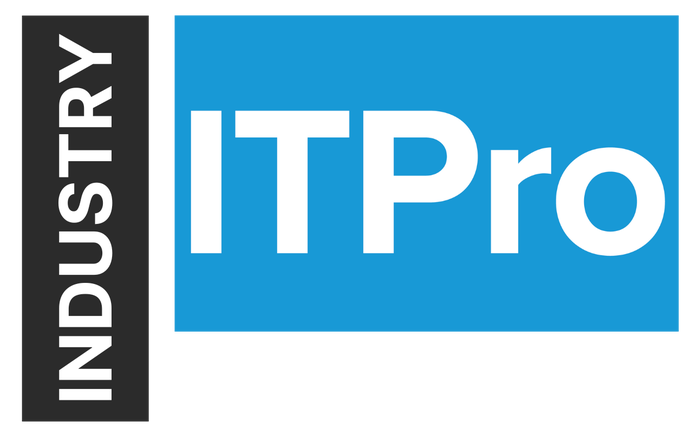
Insight and analysis on the information technology space from industry thought leaders.
How Certifications Can Unlock a Career in Data ScienceHow Certifications Can Unlock a Career in Data Science
Certifications are a vital part of a data scientist's career. Here's a look at the types of certifications data scientists should pursue.
January 19, 2023

Data science skills are undergoing a demand growth spurt as integrations with emerging technologies like AI, ML and edge computing continue to generate massive amounts of data. Data science enables companies across all industries to make sense of massive data sets from multiple sources and derive valuable insights to make smarter data-driven decisions. In fact, employment of data scientists is projected to grow 36% by 2031, faster than most other occupations. Broken down, this projects to about 13,500 openings for data scientists each year, on average, throughout the decade.
For those interested in a career in data science, this spike in demand presents a valuable opportunity for professionals to skill up strategically and explore the appropriate certifications to boost their resumes. Before pursuing certifications, it's important to understand why they're important, what to consider, and what certification demands to anticipate in the years ahead.
The Role Data Science Certifications Play in Advancing Your Career
Data science certifications can be a vital part of one's data science career. Some organizations solely recruit data practitioners who have certifications rather than someone with only a general understanding of data science or bootcamp experience. A certification can be seen as a sign that you are up-to-date with current data science skills. For example, having a certification from the Data Science Council of America (DASCA) indicates that you already have 3-5 years of practical and professional experience in data science.
Related: How Important Is an ITIL® Certification Today?
Generally, each certification provides some exposure to today's greatest data problems that need solving. To solve an actual business problem and be able to clearly communicate the solution to stakeholders, some would argue that having a conceptual understanding of certification material is much different than getting your hands dirty with the data.
Having a data science certification not only adds credibility to a CV or resume, but, and perhaps most importantly, also helps your career by providing a starting point. After that, gaining practical knowledge in data science that can be demonstrated is crucial.
In short, you may have learned the thing, but can you actually do the thing?
Type of Certifications Aspiring Data Scientists Should Consider
It is important to understand the pros and cons to each data science certification from price, prerequisites, to niche tool coverage and applicable data examples. Choosing the right certification greatly depends on whether you already have years of work experience under your belt or not. Certifications can cater to a variety of different experience levels from entry level to intermediate. While some may cover foundational data science knowledge, others may contain concrete prerequisites for those with years of experience with things like statistical analysis.
If you're just starting out in your data science career, then a full data science certification with a well-rounded outline exposing you to various tooling and practices will be a great place to start. On the other hand, if you, for example, have more work experience or a master's in data, then a broad data science certification will not be appealing. Instead, you may need to focus on a specific certification like Python for data science.
Today's growing data science practitioners should make sure to pursue fundamental knowledge like accessing data, cleaning data as well as data exploration, to help set them up for success early on.
Data Science Certifications That Will Gain Value in Years to Come
Tooling, skill, and industry-specific certifications with hands-on validation will be the most valuable in the new future. Most organizations are slowly coming to the understanding that people need data skills coupled with the actual industry-specific data used in the real world. This means that having a data science certification with emphasis in medical data, financial data, marketing data, and other industries will be something we see in the upcoming years.
Data Science Is an Ongoing Study That Will Continue to Drive Innovation Forward
Examine your data skill sets by continuously taking inventory of your skills and knowledge of topics and tooling. From there you can shrink your gaps and train your weaknesses with certifications that align with your personal analysis. This will allow you to quickly determine where you're starting from: ground zero, a bootcamp, a degree in data analytics, or a master's in data science?
And once you've started your data science journey, it's important to remember to stay hungry and don't stop learning and practicing. In today's world, staying up to date with data skills is just as valuable as learning them for the first time given how fast technology changes and how quickly tech skills become outdated.
Troy Kranendonk is a Senior Curriculum Manager, focusing on data, at Pluralsight. He is a published author with numerous data courses on Pluralsight. Troy's expertise is in Data Visualizations, Storytelling, creating Data Tooling and Web Scraping utilizing Python, Tableau, Snowflake, and PostgreSQL.
About the Author
You May Also Like






.jpg?width=700&auto=webp&quality=80&disable=upscale)
